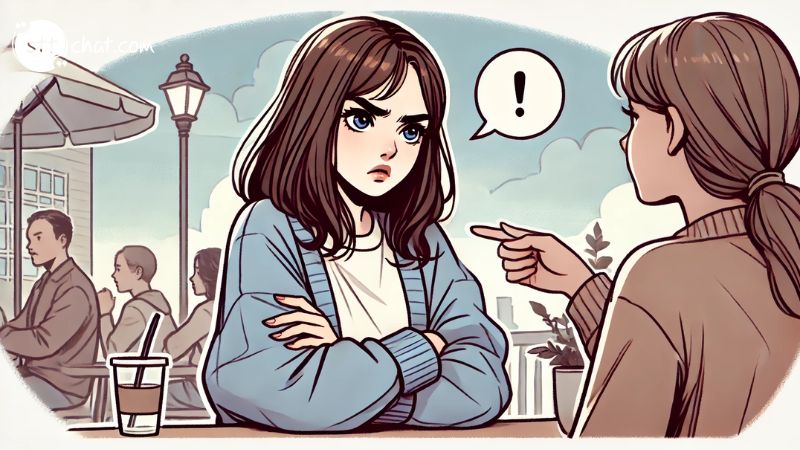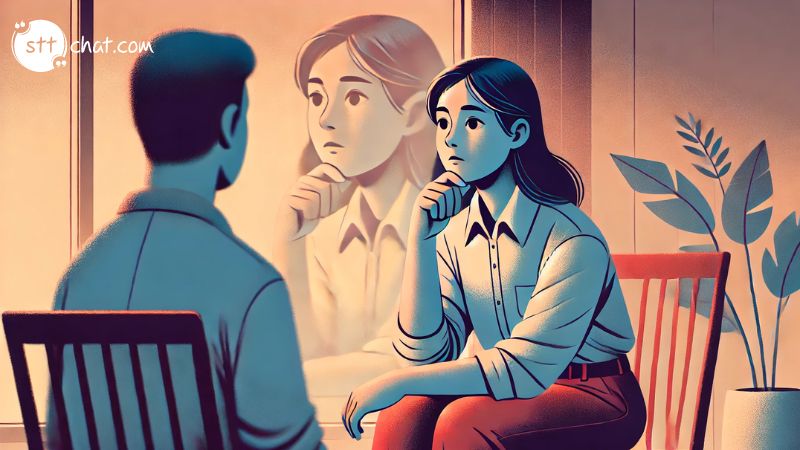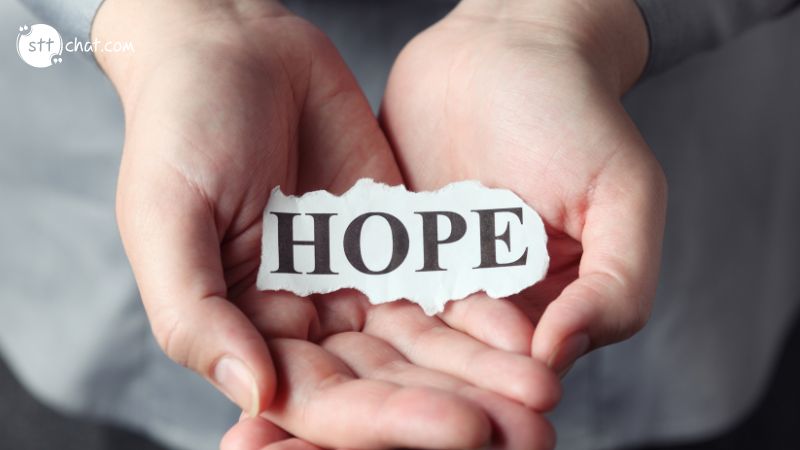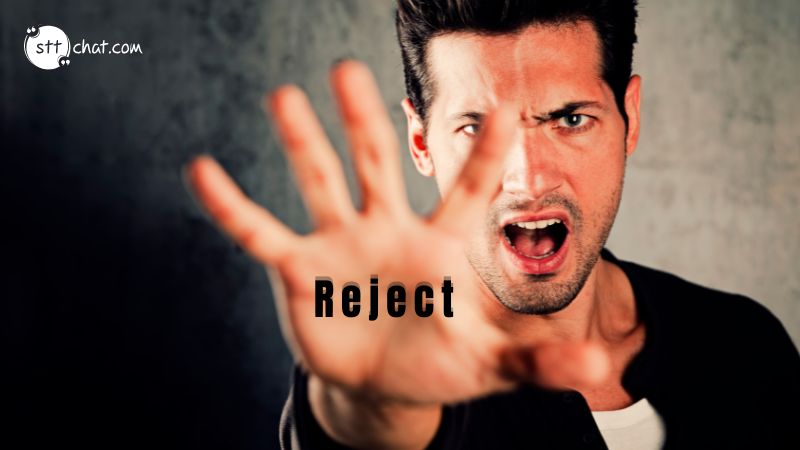A real story today, we meet Sarah for result of judging human being. Judging others reveals more about your own insecurities and mindset than it does about them. By focusing on understanding and empathy rather than judgment, you develop a deeper sense of self-awareness and personal growth. Judging others doesn’t define who they are; it reflects your own perceptions and insecurities. This quote emphasizes how our judgments shape our self-image more than they affect the people we criticize.
How does judging others reflect on the person making the judgment?
When you judge others, you reveal more about your own character, biases, and insecurities than about the people you criticize. The act of judgment often reflects your inner world and perceptions rather than defining those being judged.
In a small town, Sarah had earned a reputation for being overly critical of those around her. She often judged her coworkers for everything — from their appearance and lifestyle choices to how they handled their jobs. Her harsh words and unsolicited opinions created tension in the office, though most people tried to ignore her comments. One day, however, Sarah took it too far when she publicly remarked on a colleague, Linda, who had recently gone through a painful divorce. Sarah suggested that Linda must have done something wrong in her marriage to deserve such an outcome, implying that the hardships Linda faced were of her own making. The room fell silent. Linda, visibly hurt, said nothing, but her pained expression spoke volumes.

She often judged her coworkers for everything — from their appearance and lifestyle choices to how they handled their jobs
Sarah’s words hung in the air for days, creating a rift not only between her and Linda but also between her and many of her other coworkers, who began to distance themselves. They saw her judgments as unfair and cruel, especially since they knew how hard Linda had been trying to move forward with her life.
A few weeks later, Sarah reluctantly attended a community seminar on empathy and self-awareness, pushed by a friend who thought it might help her. During the workshop, the facilitator asked participants to reflect on a time when they had been unfairly judged or criticized. When it was Sarah’s turn to share, she hesitated but then opened up about her childhood. She revealed how she had been mercilessly teased for her family’s financial difficulties. Growing up, she felt ashamed of her circumstances, constantly judged by her peers. That lingering sense of insecurity had followed her into adulthood. As Sarah spoke, it dawned on her that her need to judge others came from a place of unresolved pain — a defense mechanism to deflect her own feelings of inadequacy.

She understood that her judgments had less to do with the people she criticized and more to do with her own inner turmoil
This realization hit Sarah hard. She understood that her judgments had less to do with the people she criticized and more to do with her own inner turmoil. In the following days, Sarah made a genuine effort to change. She apologized to Linda, acknowledging how hurtful her words had been. She also began to approach her coworkers with more kindness, seeking to understand their struggles instead of passing judgment. Over time, Sarah’s relationships at work improved, and she found that letting go of her critical tendencies brought her a sense of peace. The quote, “When you judge others, you do not define them, you define yourself,” became a guiding principle in Sarah’s life as she worked toward greater self-awareness and compassion.






